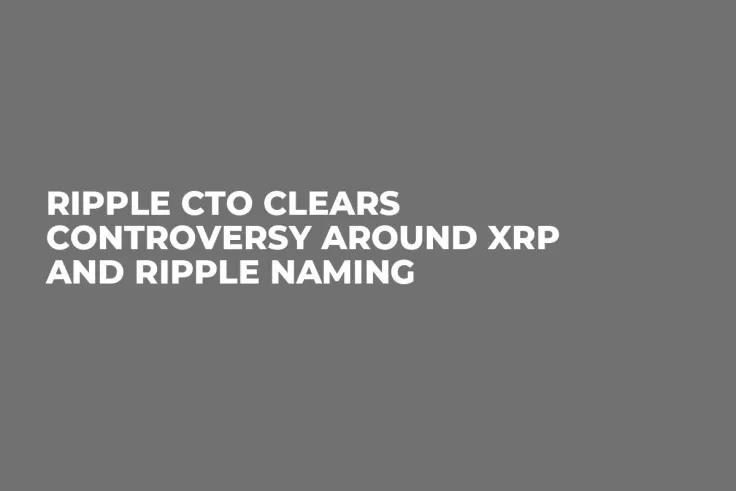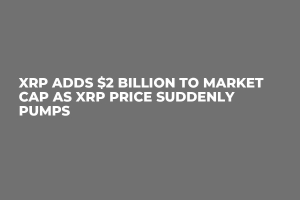Ripple CTO David Schwartz has recently addressed the persistent confusion surrounding the naming of XRP and Ripple, shedding light on the longstanding debate within the XRP community. Despite originating from common roots, the two entities are often erroneously conflated as one, a misconception that has endured over the years.
The discussion was ignited by community enthusiast and lawyer Bill Morgan, who highlighted an instance in which XRP was incorrectly labeled as Ripple on the Australian Crypto Convention's website. This sparked a broader conversation within the community, with participants delving into the historical context of the naming confusion.
David Schwartz, a key figure in the development of XRP Ledger and the current Chief Technology Officer at Ripple, clarified that the naming decisions were made at a time when concepts like ICOs and private blockchains were not yet conceived. He emphasized that the intention was never to create confusion, and efforts were made to differentiate between XRP and Ripple.
Former Ripple Director of Engineering Nik Bougalis also weighed in, attributing the naming controversy to the company's decision to unilaterally adopt the name "Ripple" from the protocol and network. He criticized the decision, stating that the long-term consequences were foreseeable and detrimental.
The origins of XRP and Ripple trace back to a shared history, with XRP initially referred to as "ripples" before evolving into its current form. Over time, the entities diverged, with Ripple focusing on enterprise blockchain solutions while XRP emerged as a leading cryptocurrency with an entire ecosystem around it.




 Dan Burgin
Dan Burgin Vladislav Sopov
Vladislav Sopov